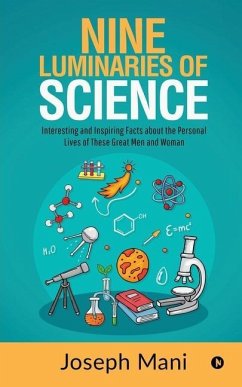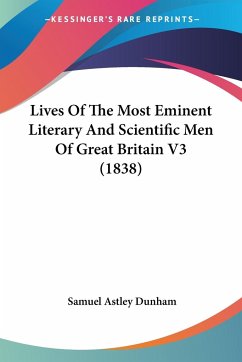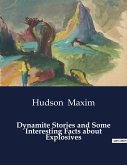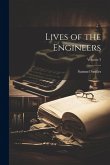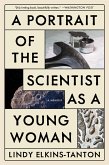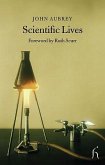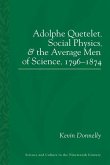In this book we look at the lives of nine eminent scientists - Copernicus, Galileo, Newton, Curie, Bose, Einstein, Raman, Feynman and Hawking - not so much as scientists but as human beings, their family lives, their religious beliefs, their values and their idiosyncrasies Little known facts: - Copernicus had a doctorate in Church Law and was a senior official of the Catholic Church till his death - Einstein invented a new type of refrigerator; Curie could not afford to buy even 1 gram of the element she discovered - Curie and Einstein thought of suicide; Hawking attempted suicide - Newton waited at tables and cleaned rooms of rich classmates to pay his college fees; Curie could not afford a full meal during her student days. - Copernicus, Galileo, Newton and Bose were deeply religious; Einstein and Raman were pantheists; Curie was an agnostic; Feynman and Hawking were atheists - Curie's died of her own discovery; her notebooks are still radioactive and will remain so for the next 1500 years - Newton spent the last thirty years of his life in alchemy, Bible studies and catching and putting to death counterfeiters; Einstein spent the last thirty years of his life in a lonely, frustrating attempt to develop the Unified Theory, abandoned and even ridiculed by his fellow scientists. - Curie's and Hawking's parents were highly educated; Newton's parents were illiterate - E = mc2 is not Einstein's full equation; and its negative counterpart led to the idea of antimatter
Bitte wählen Sie Ihr Anliegen aus.
Rechnungen
Retourenschein anfordern
Bestellstatus
Storno

